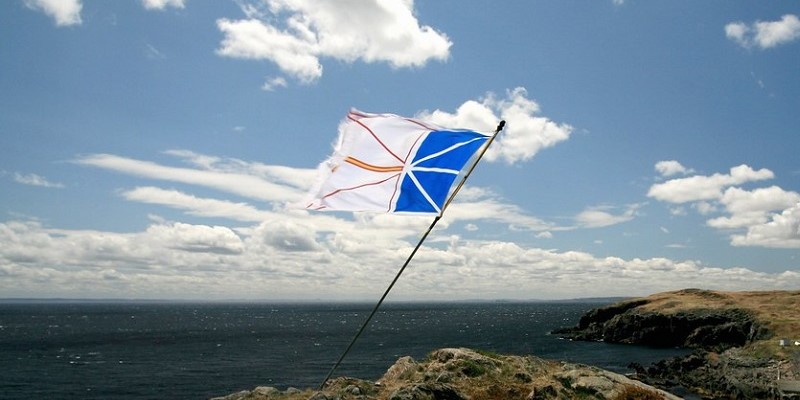Furey government should stop resource revenue roller-coaster

In the recent provincial budget, Newfoundland and Labrador continued its ride on the resource revenue roller-coaster. Indeed, it appears the Furey government will continue to spend all resource revenue despite a vague commitment to develop a “future fund,” thus perpetuating the boom-bust cycle in provincial finances. To truly fix provincial finances for the long-term, Newfoundland and Labrador needs a new fiscal rule regarding resource revenues.
Since the oil and gas sector began to develop significantly in the 1990s, resource revenues have bolstered Newfoundland and Labrador’s government finances. During this same period, however, provincial spending significantly increased. Consider that in 2004/05, before a significant spike in resource revenue, the province spent $11,179 per person (adjusted for inflation) on government programs. By 2011/12, when resource revenue peaked, the province had increased spending to $16,628 per person (again, adjusted for inflation).
Here’s the problem. Resource revenues are inherently more volatile than almost all other sources of government revenue. And when resource revenues declined over a single year from $2.99 billion in 2011/12 to $2.34 billion by 2012/13—a drop of nearly 22 per cent—budget surpluses immediately turned to deficits, and have not returned since.
Simply put, unless the government changes its treatment of resource revenue in the budget, the boom-bust cycle will continue. To finally get off the resource revenue roller-coaster, the government should save a share of resource revenue to create a rainy-day account that will stabilize the level of resource revenues in the budget, similar to the one previously used in Alberta. In effect, the fund would set an amount of resource revenue the province could spend each year. The logic is simple—save resource revenue above the set amount during good times and use the savings to cover the shortfall during bad times, providing a stable amount to the budget annually.
Beyond addressing short-term volatility, the province should also prepare for a potential permanent decline in resource revenue in the future, which has become increasingly likely given recent federal regulatory changes that will constrain the energy industry. Contributions to a separate fund for long-term savings would transform onetime resource revenue into a permanent financial asset that can provide an ongoing stream of income over time.
Notably, the Furey government has committed to advancing a “future fund,” which is expected to save some resource revenue to “help ensure prosperity for future generations, help with the debt and make strategic investments to capitalize on the future economy.” However, it’s not yet clear if or how the fund will mitigate the effect of resource revenue volatility in the budget.
Unless the government fundamentally changes how it treats resource revenue, the boom-bust cycle in provincial finances will continue. Only by establishing a new fiscal framework, which requires the government to save a portion of resource revenue, will Newfoundland and Labrador repair and stabilize its finances for the long-term.


